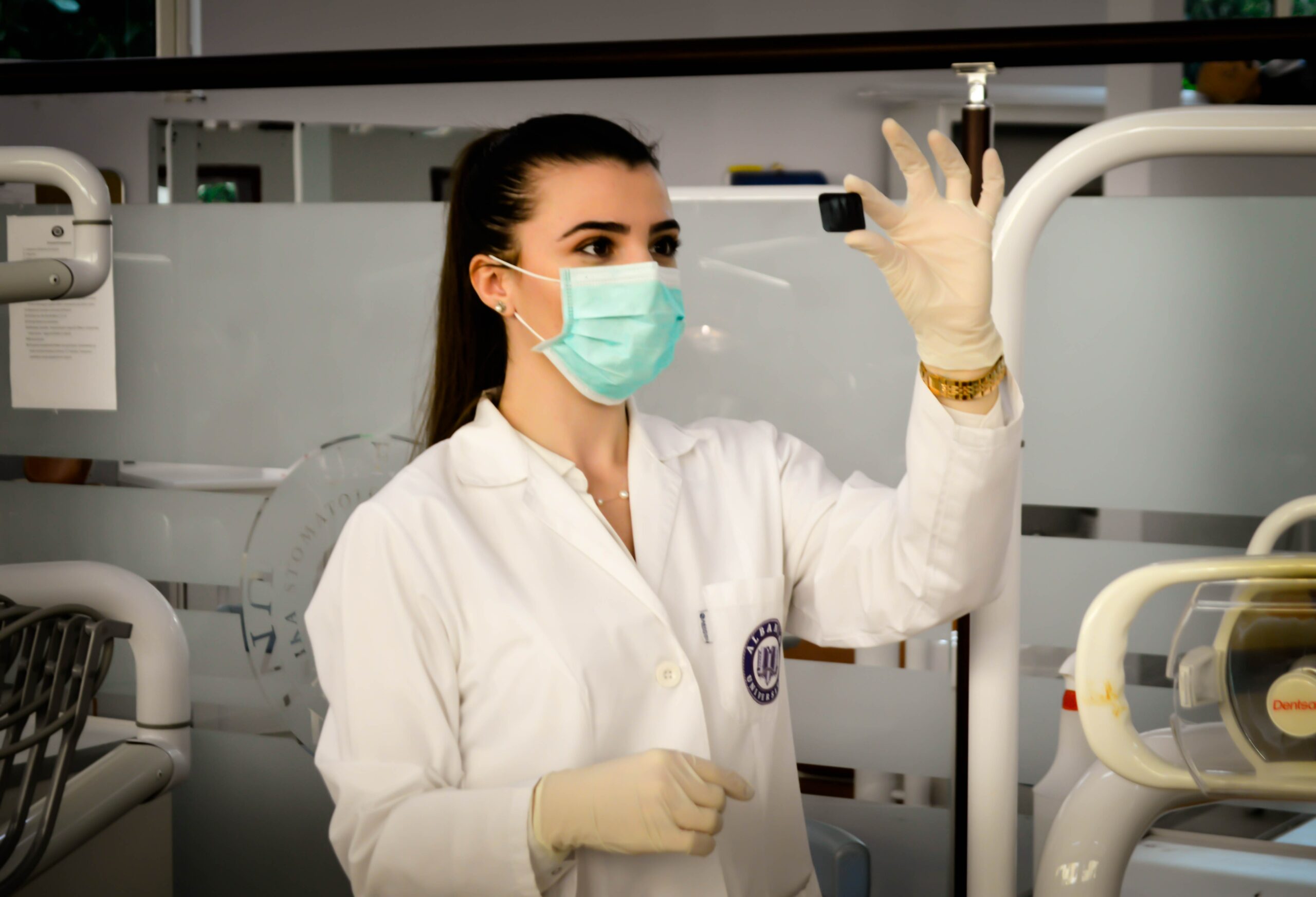As we step into 2024, infertility is on the rise, prompting heightened discussions around Assisted Reproductive Technology (ART) services. Notably, the landscape of family-building is evolving, with more LGBTQ+ families, increasing instances of conditions like PCOS and endometriosis, and technology reshaping the accessibility and efficacy of fertility treatments.
In parallel, the rapid expansion of artificial intelligence (AI) is transforming the possibilities of In Vitro Fertilization (IVF) journeys. Dr. David Sable, a reproductive endocrinologist and adjunct professor of entrepreneurship in the sciences, emphasizes this and estimates that the underlying existing demand for IVF in the United States could account for over a million babies per year with adequate capacity — currently IVF accounts for less than 100,000.
In conversation with the Sunfish team, Dr. Sable explained that “worldwide, IVF for infertility, treatment for habitual pregnancy loss, fertility preservation in young cancer patients, and prevention of genetic disease could account for more than 20 million babies per year.”
His near-term prediction is a million IVF babies a month worldwide.
Below we will break down how the explosion of AI and new tech companies could significantly impact the unique customer calculations attributing to IVF demand.
The IVF journey stands apart financially and emotionally – not only given the gravity of creating human life, but also because no one is guaranteed success. A patient is not guaranteed to get pregnant and most people require 3 cycles before achieving pregnancy. Unlike a home or a car or a luxurious trip, when deciding to pay for IVF you are not guaranteed anything for your purchase.
This is the defining problem statement behind our IVF Success Program at Sunfish where we guarantee up to a 90% refund if you don’t get pregnant. This could be one of many factors that heavily impacts demand. For example, more financial certainty and protection for this expensive journey could lead to more people who are willing and able to afford it. This underscores the point made by Dr. Sable and many others emphasizing that the demand for IVF could be heavily impacted by current innovation in the coming years.
Top Three AI Impacts on Fertility:
- Optimized Decision-Making for Increased Success Rates:
In the realm of healthcare and fertility, big data is abundant albeit siloed off between IVF clinics. AI’s capacity to swiftly analyze and derive meaningful insights from vast datasets is a critical advantage. This is especially relevant in complex medical procedures like IVF where there are many nuanced decisions to make throughout one journey from choosing the specific sperm cell (ICSI) to choosing when to trigger the egg retrieval, to picking the best embryo to transfer, etc.
Increased precision at every fork in the road on the pathway to parenthood has the potential to transform patients’ chances of success. Higher success rates will lead to more pregnancies, less emotional stress, and less financial risk.
- Streamlined Healthcare Processes:
Improved operational efficiency is an important advantage as well as success rates improve. The impacts of AI extend beyond medical decisions to include efficiency gains that contribute to reduced costs and waiting times at clinics, making the IVF journey easier for patients and helping clinics expand.
- Expanded Access and Affordability:
With increased operational efficiencies and better virtual options, accessibility and affordability will likely be positively impacted by AI. Improved virtual options, such as telemedicine and remote monitoring enabled by AI, can enhance the convenience of the IVF process, making it more accessible to a broader range of patients. I If more patients can access fertility treatment, this once again will impact demand.
Conclusion:
As we navigate the growing fertility market in 2024, the evolving synergy between AI and fertility holds promise, creating a future where technological advancements could significantly increase demand, providing hope and possibilities for those on the path to parenthood.
